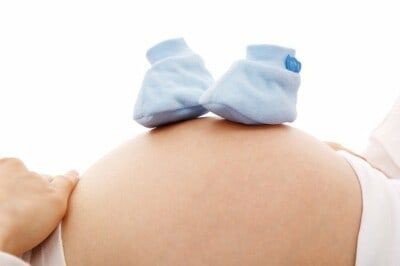Vegan diet during pregnancy
Eating vegan during pregnancy is a controversial topic. Because a balanced and nutrient-rich food supply is the be-all and end-all for the health of mother and child.
Nevertheless, many vegans do not want to change their lifestyle even for pregnancy.
Pregnant and vegan diet – advantages and health risks
Some nutrition societies nowadays advocate vegan diet even during pregnancy. It is said to offer health benefits such as disease prevention and stable blood sugar levels.
But to avoid negative effects in a vegan diet during pregnancy, careful planning is important. Likewise, you should seek competent nutritional advice if necessary.
Because with uncontrolled vegan nutrition malnutrition is not a rare case. This cannot guarantee the supply of essential amino acids, vitamin B12, calcium, iodine, omega-3 fatty acid and iron.
This in turn quickly leads to a lack of weight gain and anemia.
Studies show, for example, that pregnant vegans suffer more frequently from iron deficiency anemia in the last trimester of pregnancy than pregnant meat eaters.
Vegans are also usually slightly below the recommended level in protein intake. Due to the formation of the placenta and the fetus, the protein requirement increases from the 4th trimester onwards. Pregnancy month by about 20%.
Therefore, you should pay special attention to adequate protein, iron and vitamin intake.
Attention should be paid to undersupply
Otherwise, the undersupply not only poses dangers for the mother’s health, but also has consequences for the child’s brain and nerve development.
The weight gain during pregnancy, which is considered to be healthy, is approx. 10-18 kg. If you have a low weight before pregnancy, this must be compensated for by gaining more weight.
Generally Veganer exhibit on the average a lower BMI (Body mass index) than Mischköstler. This depends u. a. together with the renunciation of animal fats.
In addition, plant-based foods provide on average lower amounts of energy. Thus, you should also attach importance to food with high energy density. Suitable for this are for example noodles, oat flakes, bananas and olive oil.
In any case, it is necessary to have the nutrient supply checked regularly. Pay attention to your diet and have yourself examined by a doctor at appropriate intervals.
